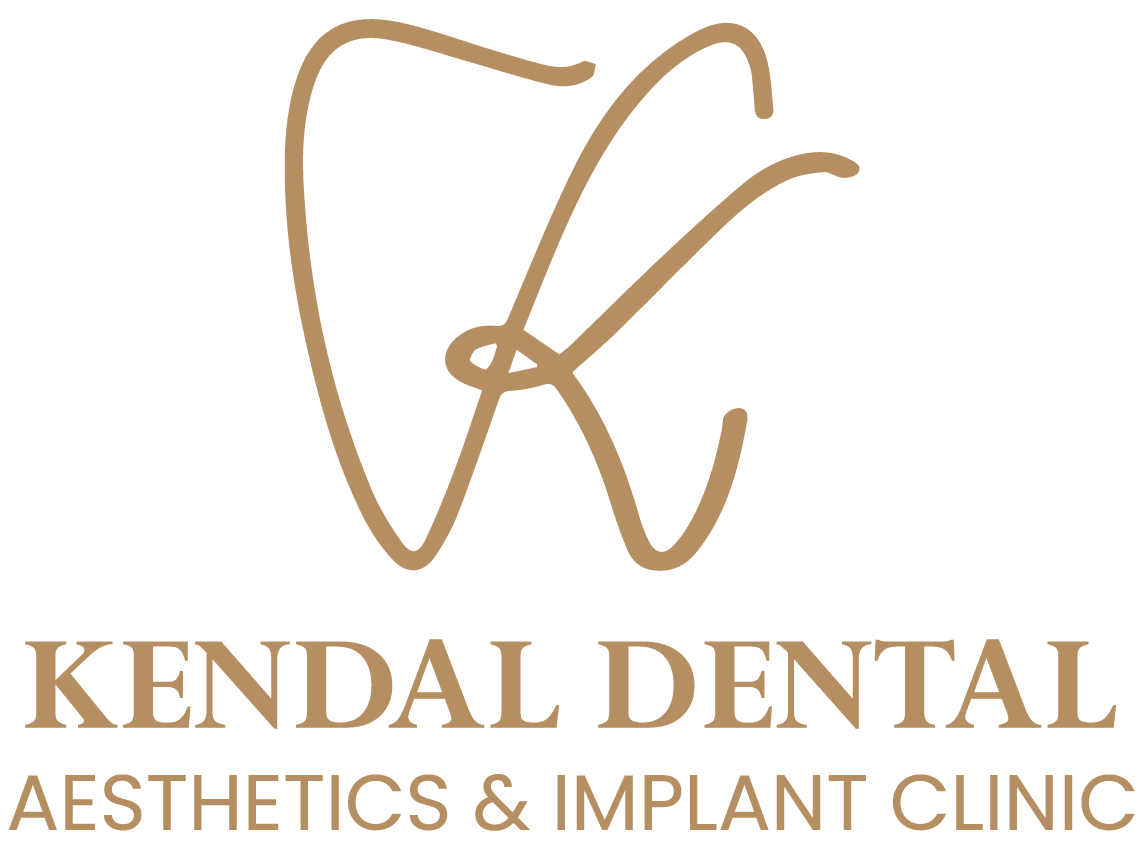Invisalign has become a popular choice for those looking to straighten their teeth. Unlike traditional metal braces, Invisalign offers a more discreet and comfortable solution with clear, removable aligners. But if you’re considering Invisalign, one of the main questions you may have is whether it’s covered by the NHS. In this article, we will explore the details of NHS Dentist coverage for Invisalign and what options are available for those who don’t qualify.
What is Invisalign?
Invisalign is a modern orthodontic treatment that uses clear plastic aligners to straighten teeth. The aligners are custom-made to fit each individual’s teeth and gradually shift them into the desired position. Unlike traditional braces, Invisalign aligners are removable, which means you can take them out to eat, drink, and brush your teeth.
While Invisalign is known for being discreet, comfortable, and effective, it is also typically more expensive than traditional metal braces. As a result, many people want to know if the NHS will cover this treatment.
Why are dentists stopping NHS treatment?
Does the NHS Cover Invisalign?
In short, the NHS does not usually cover Invisalign treatment. The NHS typically funds orthodontic care for patients under 18, but only if the treatment is necessary for dental health. Invisalign is considered a more aesthetic solution and, as such, is not typically covered by the NHS. Instead, the NHS generally covers traditional metal braces, which are considered more cost-effective.
Are Private Fillings Better Than NHS?
NHS Orthodontic Funding for Under 18s
NHS funding for orthodontics is available for those under the age of 18, provided they meet certain criteria. The NHS uses a system called the Index of Orthodontic Treatment Need (IOTN) to determine eligibility for funded treatment. This system grades the severity of dental issues on a scale from 1 to 5.
- Scores 4 and 5: These indicate a more severe dental health issue, such as crooked teeth or bite problems that affect oral health. Patients who score 4 or 5 may be eligible for NHS funding.
- Score 3: For patients who score 3, eligibility is less clear. Your orthodontist will consider both dental health and the aesthetic appearance of your teeth before deciding if you qualify for NHS treatment.
- Scores 1 and 2: These scores typically do not qualify for NHS funding, as the dental issues are not considered severe enough to require treatment.
In most cases, those under 18 who meet the necessary criteria will receive funding for traditional metal braces, not Invisalign. This is because metal braces are considered a more cost-effective option.
Can an NHS Dentist Refuse a Root Canal?
Why Doesn’t the NHS Cover Invisalign?
The NHS prioritises treatments that are necessary to improve dental health, not those that are purely aesthetic. Invisalign is considered an aesthetic treatment because, while it is effective at straightening teeth, it does not address significant dental health concerns. Metal braces, on the other hand, are considered more cost-effective and efficient in treating a wide range of dental issues.
Invisalign aligners are also more expensive to produce, which makes them a less economical choice for the NHS. As the NHS has limited resources, it generally focuses on providing essential treatments rather than cosmetic procedures.
Can an NHS Dentist Remove You Without Warning?
Can Adults Get Invisalign on the NHS?
In most cases, adults are not eligible for NHS-funded orthodontic treatment. However, in rare cases where there are severe dental health issues, NHS funding may be available. Even then, the funding will likely cover traditional braces, not Invisalign.
The NHS will only fund Invisalign treatment for adults in extreme cases where the dental problems are severe enough to require orthodontic care. This means that adults who wish to get Invisalign will need to pay for the treatment privately.
Private Treatment Options for Invisalign
For those who do not qualify for NHS funding or prefer the benefits of Invisalign, private treatment is an option. Although Invisalign is not covered by the NHS, it is widely available through private dental practices. Private clinics offer Invisalign treatment with the added benefit of personalised care, shorter waiting times, and the ability to choose from a variety of aligner options.
Many private practices also offer payment plans to help spread the cost of Invisalign treatment. These plans can make the treatment more affordable by allowing you to pay in monthly installments. It’s important to note that while private treatment may be more expensive, it provides flexibility in terms of treatment options and appointment schedules.
The Benefits of Invisalign
Invisalign offers several advantages over traditional metal braces, which is why many people choose it, even if they need to pay privately. Some of the key benefits of Invisalign include:
- Discreet Treatment: The clear aligners are virtually invisible, which means you can straighten your teeth without drawing attention to the fact that you’re wearing braces.
- Comfortable: Unlike traditional braces, Invisalign aligners are smooth and comfortable, reducing the risk of irritation to the inside of your mouth.
- Removable: You can remove the aligners when eating, drinking, and brushing your teeth. This makes it easier to maintain good oral hygiene throughout treatment.
- Effective: Invisalign has been proven to be just as effective as traditional braces for many orthodontic issues, such as misaligned teeth and bite problems.
Conclusion
Invisalign is an effective and discreet way to straighten your teeth, but it is not typically covered by the NHS. NHS funding for orthodontic care is generally only available for children under 18 who need treatment for dental health reasons, and even then, traditional metal braces are the preferred option.
If you’re an adult or someone who doesn’t qualify for NHS funding, you can still opt for Invisalign through private treatment. While it may be more expensive, private practices offer flexible payment plans and quicker treatment times.
If you’re considering Invisalign, it’s important to discuss your options with a dentist to determine the best course of action based on your specific needs and budget. Whether you choose NHS or private treatment, the key is to maintain good oral health and invest in a smile that makes you feel confident.
Start Your Invisalign Journey with Kendal Dental Aesthetics and Implant Clinic
If you’re considering Invisalign to straighten your teeth, Kendal Dental Aesthetics and Implant Clinic is here to help. Our experienced team can guide you through the process, from your initial consultation to achieving your ideal smile. While NHS coverage for Invisalign is limited, we offer flexible payment plans to make private treatment more affordable. Book a consultation with us today and take the first step towards a confident, beautiful smile!
FAQs About Invisalign and NHS Coverage
Can Invisalign be covered by the NHS?
Invisalign is typically not covered by the NHS, as it’s considered an aesthetic treatment. The NHS generally funds traditional metal braces, which are more cost-effective for addressing dental health issues.
How much does Invisalign cost privately?
The cost of Invisalign treatment varies, but it typically ranges between £1,500 to £4,500 depending on the complexity of the case. Many dental practices offer payment plans to make this treatment more affordable.
Can I get Invisalign if I’m over 18?
Adults can opt for Invisalign, but it must be paid for privately. NHS funding is rarely available for adults, and it generally only covers traditional braces for health-related issues.
Is Invisalign more comfortable than traditional braces?
Yes, Invisalign is often considered more comfortable than traditional braces. The aligners are smooth and made of plastic, reducing irritation to the gums and inside of the mouth.
How long does Invisalign treatment take?
Invisalign treatment typically takes between 12 to 18 months, depending on the severity of the teeth misalignment. Your dentist will provide an estimated treatment timeline during the initial consultation.



